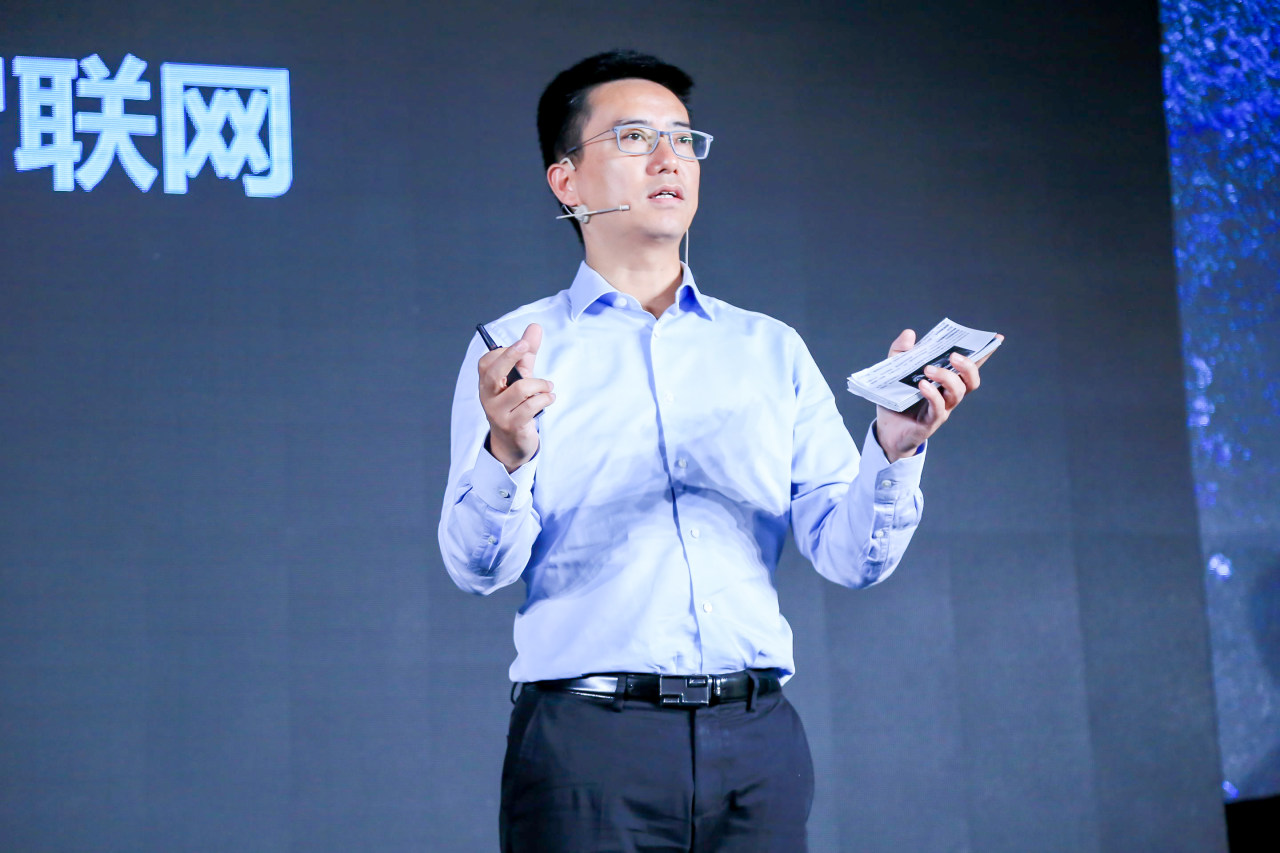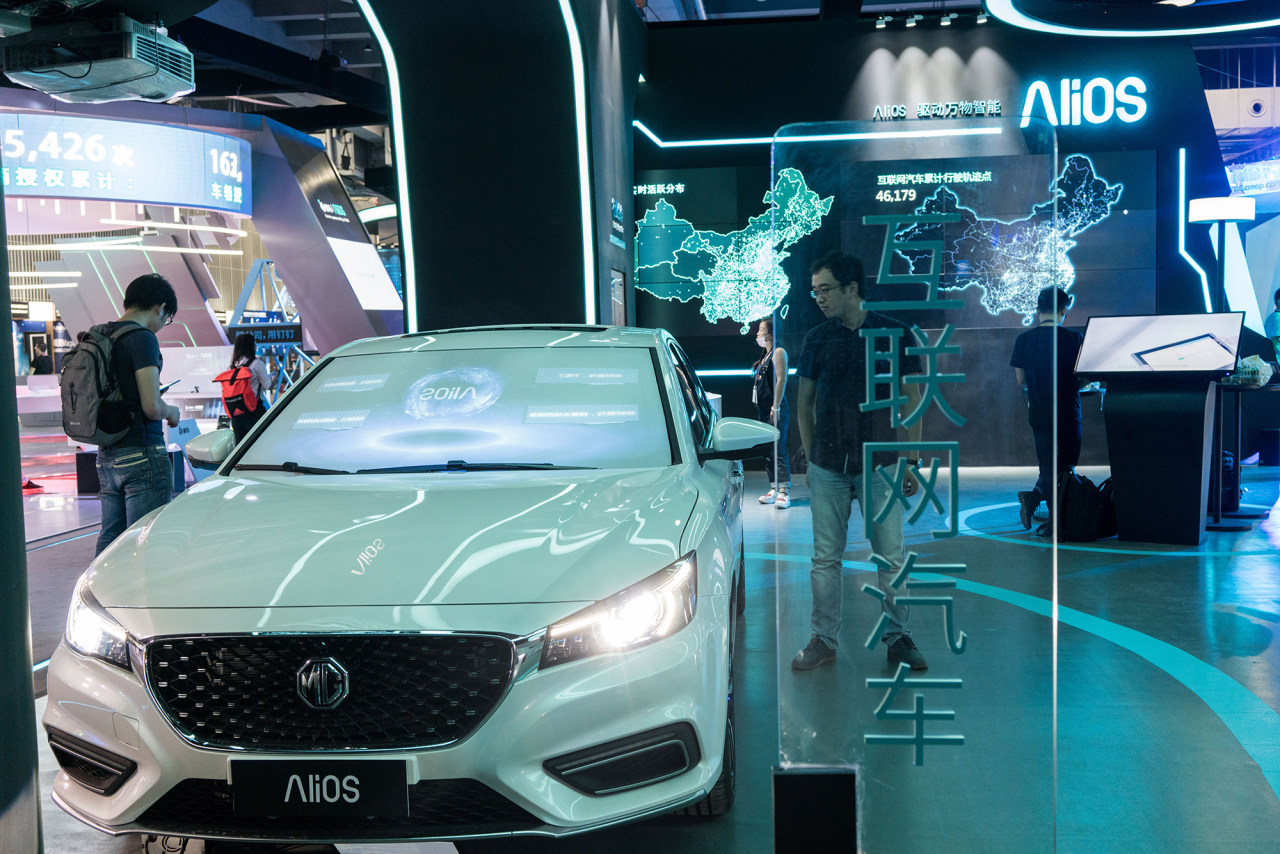
Alibaba Group said Friday it is upgrading its operating system strategy to focus investment on the burgeoning Internet-of-Things (IoT) sector.
As part of the move, Alibaba is rebranding its YunOS operating system as “AliOS,” an operating system offering OS solutions for mobile, industrial and IoT devices.
Behind the decision was the reckoning that there’s already a rapid increase of connected and intelligent devices and machines underway, and that it is going to accelerate further. Alibaba intends to put greater focus on providing infrastructure solutions to those connected devices, on top of smartphones, and become a leading operating system provider.
According to a recent forecast by Gartner, the number of global IoT devices will reach 8.4 billion this year, up 31 percent from 6.4 billion last year and surpassing the world’s population for the first time.
“We want to ultimately open source this operating system and provide our OS to customers across all industries and professions,” Simon Hu, Senior president of AliOS, at Alibaba’s annual computing conference. “AliOS will not only belong to Alibaba, but to everyone.”
Hu said he aspired to a future world enhanced by “smart” objects, where traffic lights can process data in real-time and switch colors to minimize traveling time for ambulances.
“Our strategy is shifting towards IoT, because we believe there is massive potential in the amount of unused data in our cities. Unleashing that potential can make things intelligent, enterprises more efficient and enable better experiences and generate value for customers,” he added.
While Hu spoke about the potential of intelligent traffic systems, Alibaba has already been digging deeper into the automotive industry. Also during the forum, the Chinese tech giant announced it will be releasing AliOS-enabled cars with strategic partners Banma Network Technology—a joint venture between Alibaba Group and SAIC Motor Crop., China’s largest automaker—and Dongfeng Peugot Citroen Automobile Company, starting in 2018.
“Our cooperation with Dongfeng Peugot Citroen is a significant step towards opening our technology to the industry and bringing complete IoT car solutions to all automotive companies,” said Banma CEO Xuesong Shi, touting the agility of smart cars that allows them to meet shifting customers demands, while using historic data to provide unique, personalized driving experiences.
Alibaba started developing automotive operating systems in 2014, and debuted the technology in the commercial car market last July, launching a new internet car it had developed with SAIC.
Now, over 250,000 internet cars are being driven in China, and SAIC has produced nearly 10 new models powered by the AliOS operating system, said Hu.
He said the new partnership with Dongfeng Peugot Citroen is the next step in implementation of AliOS’s IoT strategy, as well as the best evidence that the operating system has won market recognition.
“We will continue to collaborate with more companies in the automotive ecosystem to upgrade the entire industry. Cars are only the beginning,” he said. “We want to define an operation system for IoT device networks that is distinctly different from what we’ve seen for PCs and mobile.”





